The Official Bio
Hi, I’m Natasha!

I’m a freelance journalist, author, and entrepreneur.
I’ve lived and worked from four continents and many countries. I currently divide my time between Brighton, UK, and New Delhi, India.
I hate moral policing, love nerdy conversations, and have frequently been responsible for friends and family locking themselves inside their homes after reading what’s been written about them in national magazines.
Before reaching career nirvana as a freelance journo, I spent a year as a corporate slave working nine-to-nine in a four-by-four excuse for a cubicle. Luckily, I came to my senses and gave up my formal attire and make-up for sweatpants and dark circles.
Since then, I’ve managed to convince editors at The New York Times, TIME, CNN, BBC, ABC News, The Independent, The CS Monitor, Ms., and several other publications to publish my stories.
As a magazine features writer, I have contributed to several women’s and general-interest publications, including various international editions of Elle, Marie Claire, Vogue, Glamour, and Cosmopolitan.
My assignments have required me to trek up and down the tsunami-ravaged coast of India, live with Tibetan nuns, interview coffin makers, learn how cellphones are designed, and so much more.
I was a Visiting Scholar at the University of California, Berkeley, School of Journalism; the recipient of the Development Journalist of the Year award at the Developing Asia Journalism Awards Forum in Tokyo, and the winner of the Silver Excel, a trade magazine award, from the Society of National Association Publications (USA) for my work on female wastepickers in India.
I’m the author of Shut Up and Write: The No-Nonsense, No B.S. Guide to Getting Words on the Page and seven other bestselling books for writers. My work has also been included in the books The Lonely Planet Travel Anthology: True Stories from the World’s Best Writers (Lonely Planet, 2016), Breaking Out: How to Build Influence in a World of Competing Ideas (Harvard Business Review Press, May 2013), Voices of Alcoholism (LaChance Publishing, April 2008), and Chicken Soup for the Pre-Teen Soul 2 (HCI, June 2004).
You can reach me anytime at tasha@natasharelph.com.
The Story So Far…
I’ve long believed that artists shouldn’t have resumes. Artists should have stories. So, if you’re interested, here’s mine.
2001:
I’m 19 years old, one of only twenty women to be studying Information Technology at one of India’s most prestigious universities, selected out of a pool of 90,000 applicants, and I have just failed my first year. My mother keeps repeating, “Where did we go wrong?” with the intonation of an 80s Bollywood heroine and my father is too disappointed to even look at me.
I cannot explain why, but it is in this moment that I think, I’m going to be a writer. I log on to MSN search and type “stringer Delhi.”
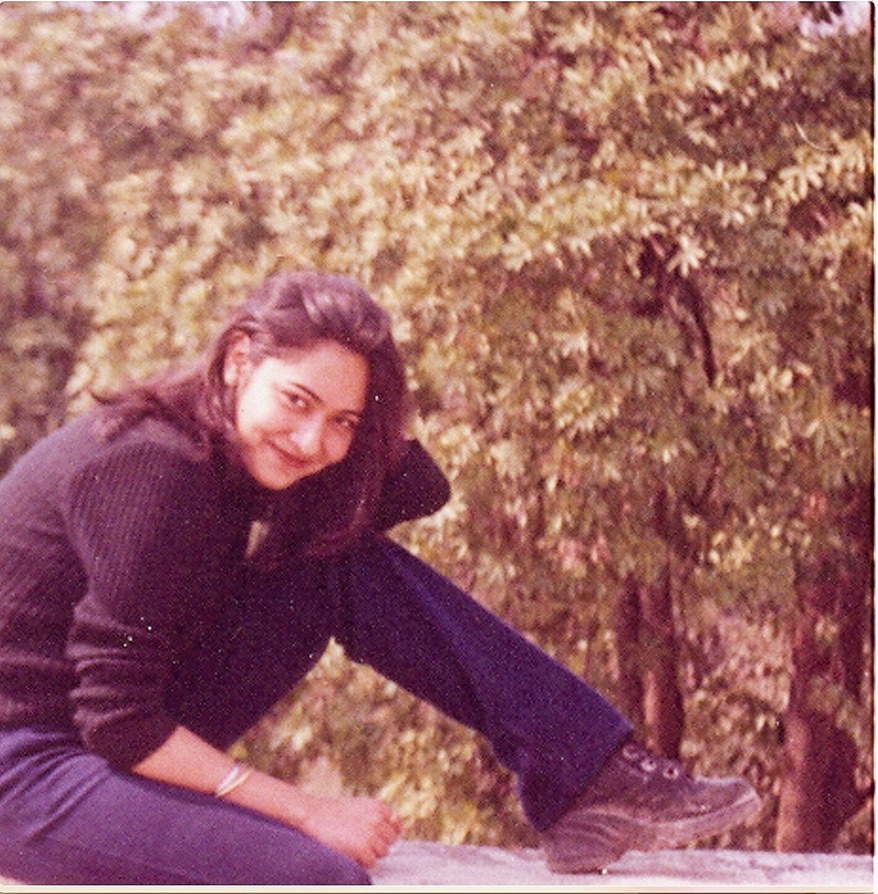
2002:
I sell my first story for $5, my second for $10, and my fourth for $100. I write 100 stories in my first year as a freelancer, start a website called WritersCrossing, and grow the associated newsletter to 7,000+ subscribers.
2003:
I’m offered a job with India’s first consumer technology magazine, Living Digital. By the time I’ve been there for three months, I’m writing more than half the magazine. It doesn’t look good to have one writer with so many bylines, so they consider moving me to a different role. I propose instead that they remove my byline. By the eighth month, the editor-in-chief has called me into his office and said he wants me to be the editor of the magazine within the year.
I do what any reasonable person does when presented with such an incredible opportunity: I hand in my resignation.
2004:
I graduate. I’m now officially a software engineer!
It barely registers, however, because I’m knee deep into my career as a freelance writer. I’m contributing to several major magazines and newspapers in India and lesser-known international publications online. I write my first ebook teaching writers how to freelance online and sell it as a pdf through my website. It makes $10,000 in its first year of publication and I experience my first racist take-down on one of the biggest media websites in the world.
2005:
I travel to South India to do a one-year follow-up on the Boxing Day tsunami. The trip changes my life, both personally and professionally. I write about how my photographer and I almost get killed, several times, on the way to reporting the assignment. I write about the lack of trust people have in us as journalists. I write about walking on a beach where dead people are buried beneath our feet, the cemeteries having run out of space. I don’t think, just write.
I file the piece and receive a note from my editor. “It made me cry,” she says.
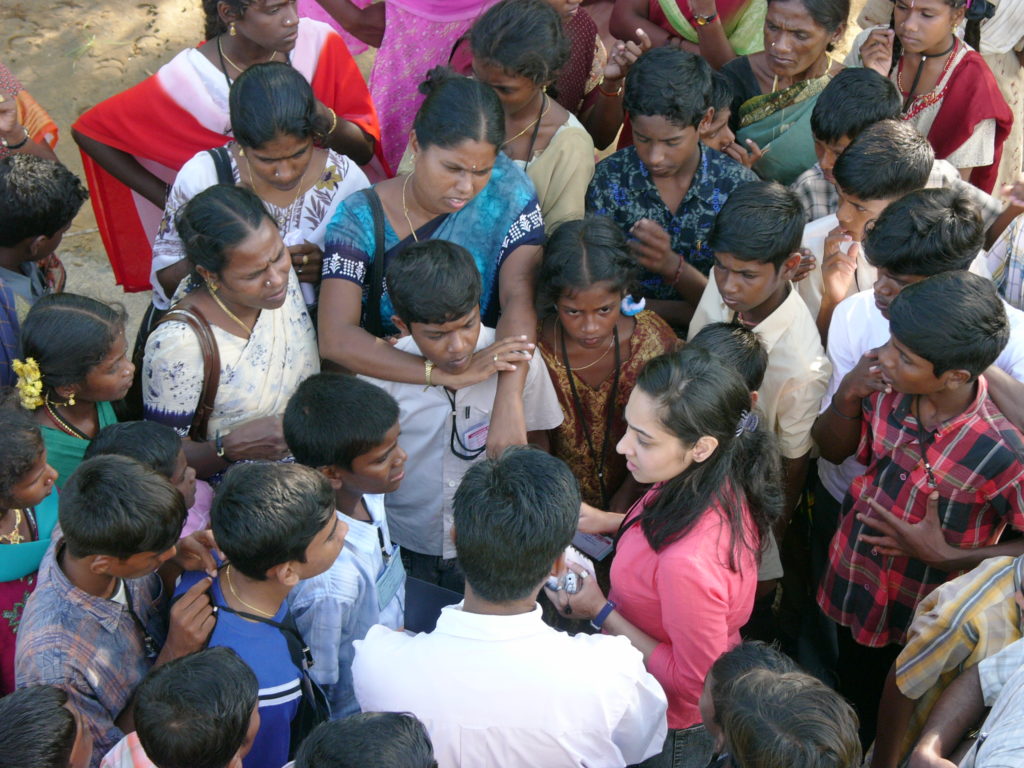
2006:
I can no longer bring myself to write features about technology and health that have been my bread and butter for so long. But I also don’t know how to be a journalist, especially as a freelancer. My career is stalled. I shut down WritersCrossing.com.
In the meantime, I’ve left my parents’ home to live by myself and am in a relationship with a white man. Every aspect of my life is culturally unacceptable and a source of extreme shame for my traditional family. My mother faints walking down the street, my father pretends I do not exist. I become the shining example among friends and family of what wasted potential looks like.
2007:
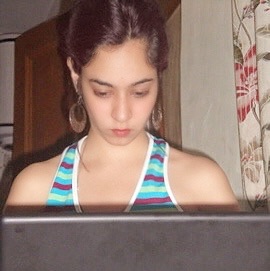
I travel around India, finding untold stories of women from across the nation. I’ve become a nomad with no home, no address, and very little money. Everything I earn, I put back into travel and reporting stories. My editor at Elle, India, starts paying me in advance so I can focus less on my money troubles and more on my stories. I am interviewed on NPR for my reporting and start getting calls from editors who want to pay to send me on assignment. I also receive an email from Sam Relph, a beautiful dimpled, blue-eyed British journalist and the bureau chief of a media agency, who has found my website and thinks my About page is clever and funny.
On my 26th birthday, I receive my first commission from TIME magazine, though the story is killed soon after in the wake of the Benazir Bhutto assassination.
2008:
I am moving to Ghana and have no work, so I email Sam Relph, whom I have conveniently ignored until now, asking if he might like to meet up to discuss potential assignments. We end up talking for ten hours straight during our first meeting. I move to Ghana and have my first story published in TIME. When I return to India, Sam comes to visit me in Mcleod Ganj, the home of the Dalai Lama, where I have been spending all my summers reporting on Tibetan refugees and the lives of Buddhist monks and nuns.
Soon after Sam and I start dating, I’m offered the position of Visiting Scholar at UC Berkeley’s School of Journalism. I move to the US for a year.
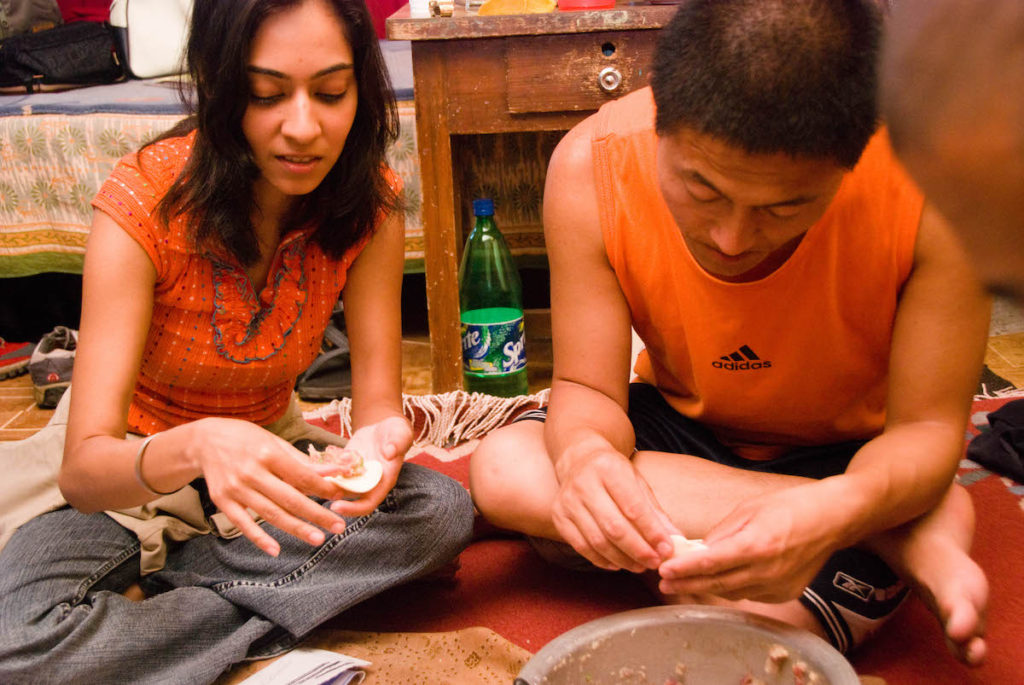
2009:
I return to India and start writing for The New York Times. I’m also now a regular contributor to TIME magazine. I’m never around long enough to get my own place so, instead, I move in with Sam and his roommate without ever asking or telling them. This doesn’t seem to matter as all of us are traveling almost all the time and rarely spend more than a few days at home together.
2010:
Sam and I get married. I win an award I didn’t know I’d been nominated for. Two months later, I turn down a free trip to another awards function, this time in Japan, because I want to go to England to meet Sam’s family and I don’t expect to win anyway. Then, while in London, I hear that not only have I won the first place for my category, but the top Journalist of the Year award.
My editor at Elle, India, the only editor in the country who’s publishing hard-hitting journalism in her magazine, asks if I’d like to become a contributing editor. I don’t even think before saying yes.
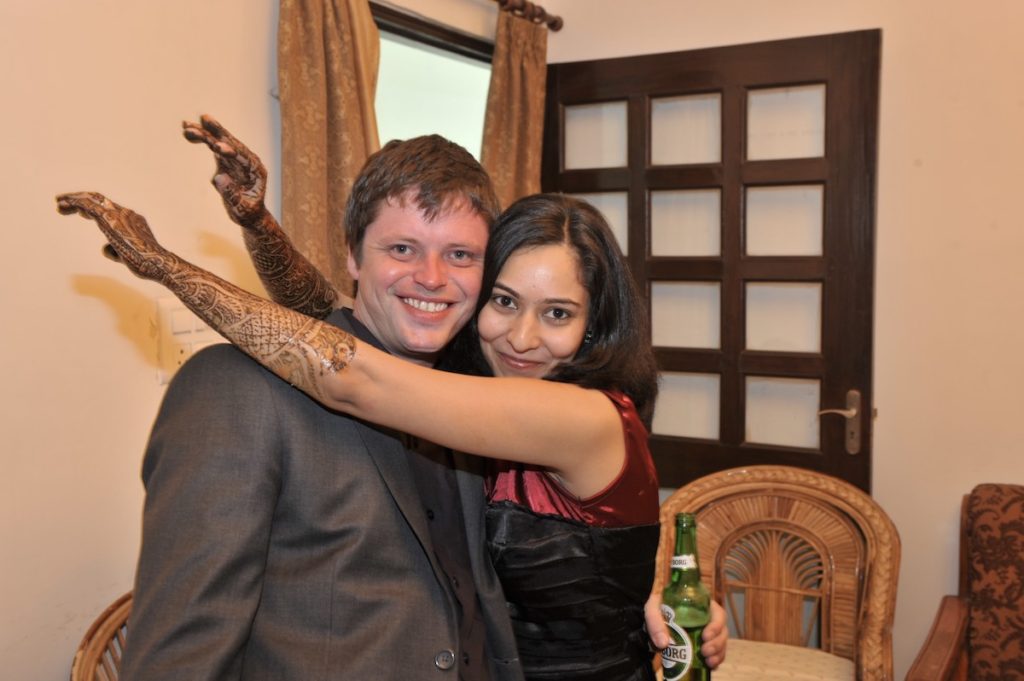
2011:
I start writing a novel and, a month later, discover that I’m pregnant. I figure I’ll have it finished by the time the kid is born.
2012:
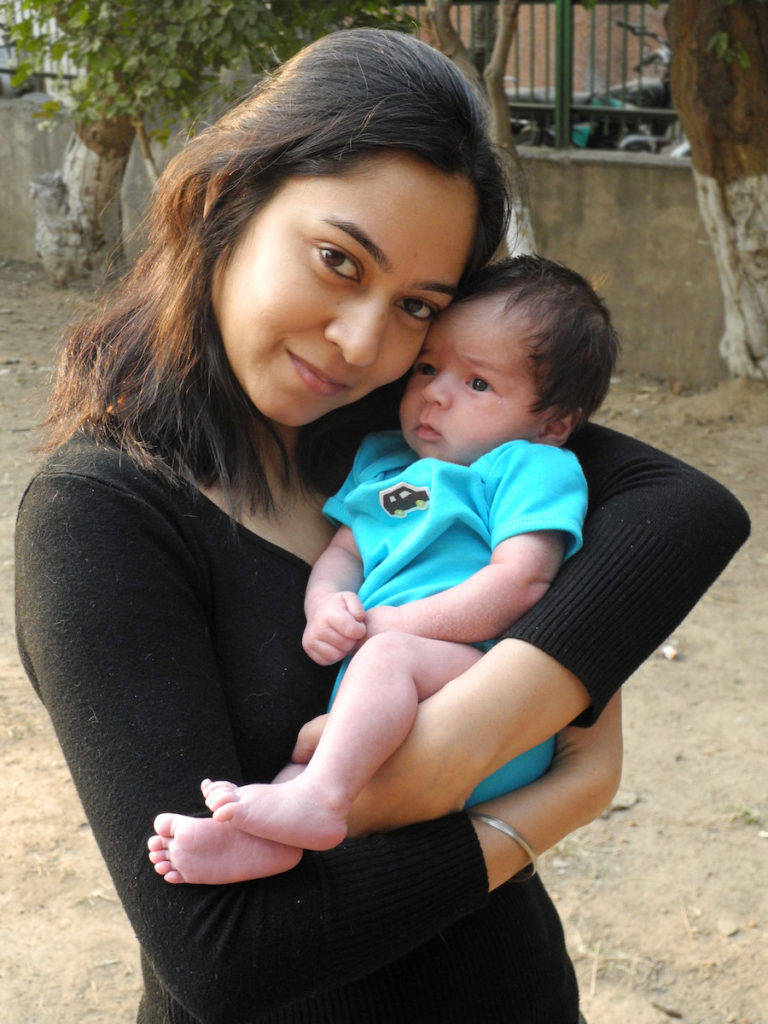
Jude is born. There are complications with me. There are complications with him. I return to work after three weeks (big mistake). I start (and shut down) a rare books business, finish writing a nonfiction book, and sign with an agent. My agent tells me he has cancer and will be away for a few months. We put the book on hold. I keep working on the novel.
2013:
Agent’s back and better, but the spark is gone. We have a half-hearted go at getting the book sold, but it doesn’t work and we part ways. I start a new online business, make it profitable, but decide I don’t love it and so I shut it down. Sam is burned out and quits his job. Sam and I start a content marketing business, but we’re not loving that either, so we shut that down as well. I’m freelancing and doing okay, so Sam decides to take this time to be a full-time dad. I’m still working on the novel.
2014:
I launch 30 Days, 30 Queries, a course on pitching to publications and it’s immediately a smash hit. My students immediately land bylines in top publications, including The New York Times, National Geographic, CNN, and more. In the meantime, Sam receives several job offers in various countries. We decide on London and move during the summer. I start The International Freelancer and it becomes profitable within the month. I write and indie publish a new nonfiction book, which does well.
Still working on the novel.
2015:
We leave London and move to Tunbridge Wells, mostly because it’s cheaper. Also safe and child-friendly, but really just cheaper. My business crosses $15k in monthly revenue for the first time.
Also, I FINISH MY NOVEL.
2016:
I sign with a massively successful and well-known agent for my novel, start making $400 an hour as a content marketing writer, and get excited about teaching other writers how to do the same. My business grows quickly, both because of my own writing and because of the amazing success my students are having.
I indie publish Shut Up and Write: The No-Nonsense, No B.S. Guide to Getting Words on the Page and it becomes an immediate Amazon bestseller.
2017:
I retire Sam. My agent and I go on submission with the novel. I am so so close, I can almost taste the success. My father calls to say he regrets not trusting that I knew what I was doing all along. I assure him I didn’t, and that he had every reason to be doubtful.
I indie publish six new books in a series for freelance writers. All of them are Amazon bestsellers.
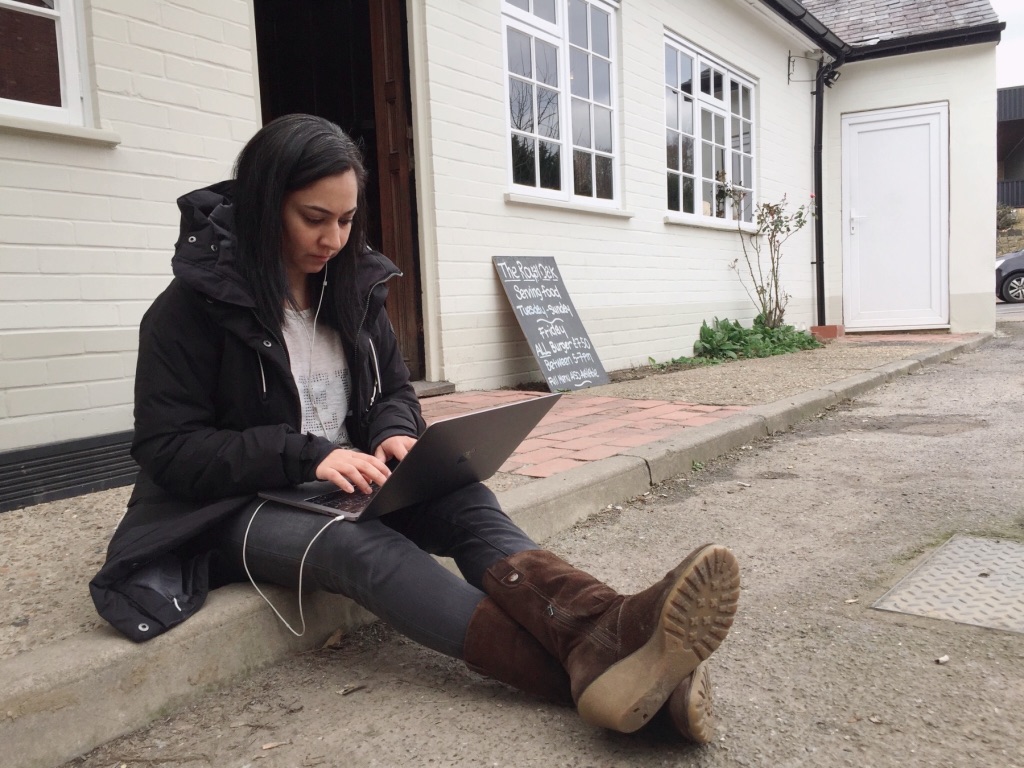
2018:
The novel doesn’t sell. I meet my agent, V, at the London Book Fair in April and tell her I’m working on a new novel, a fictionalized version of my life in which I explore the power and influence white expat journalists have in countries like India, and how they abuse it. V loves the concept and says she wants me to tell my story and tell it fucking well. She pays for me, out of her own pocket, to work with one of New York publishing’s top developmental editors.
Sam, Jude, and I move to Brighton in the summer. I write the novel and send V the final manuscript in December.
2019:
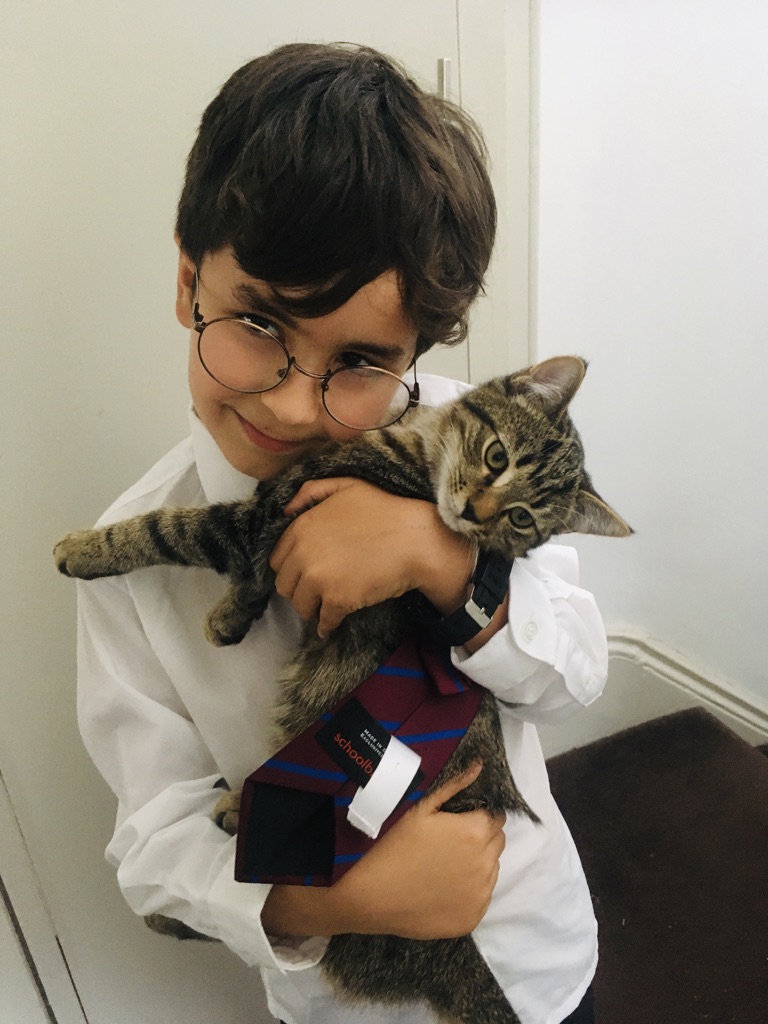
We Brexit and go back to where we came from. In Delhi, I work through the notes V has sent. I also start work on my next novel.
I “un-retire” Sam and ask if he’ll find a job so I can shift my focus, once again, to journalism and books.
2020:
On a Tuesday in January, V calls to say she absolutely in love with the novel and is ready to take the book to market. On Thursday, I receive an email saying she’s in hospital for heart surgery and we’re tabling the submission until she’s back.
The pandemic hits. We move back to the UK with less than 72 hours’ notice before the borders close. We can’t get our stuff out of storage, so we share two sleeping bags, three duvets, and six borrowed cushions between us. We camp out in the living room for the three months of lockdown with no furniture, no appliances, and very little entertainment.
I dip my toes back into journalism and receive a flurry of assignments right away. I interview Tenzin Mariko, the first Tibetan and first Buddhist monk in history to have come out as trans, and we get on so well, we decide to write a book together. In November, I take part in NaNoWriMo for the first time and win, finishing the first draft of my third novel.
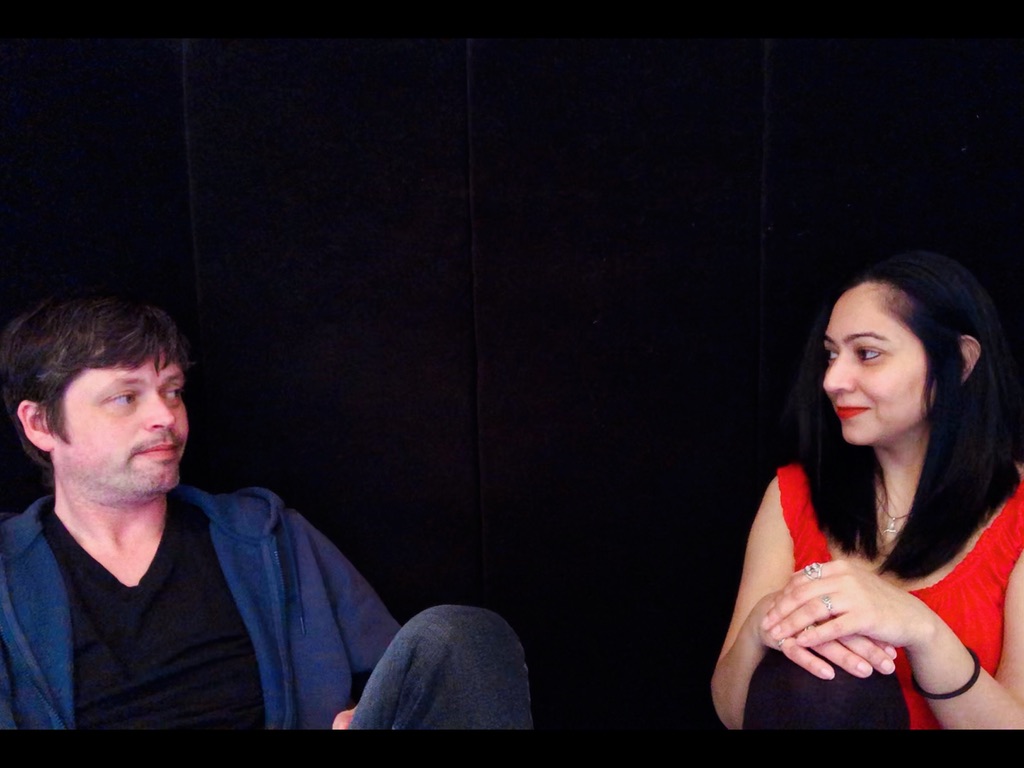
2021:
V is slowing down and has put new people in charge at the agency. I refuse to indulge their revision requests for a book she already said she loved and was ready to take to market, and we part ways.
Once I’m done day drinking and ugly crying, I roll up my sleeves and decide it’s time to find new representation. Within eight weeks, I’ve signed with two top agencies, one in New York and the other in London. We go on submission for both books. We’re told repeatedly that books by Indian/Tibetan authors are a “hard sell” to UK and US readers.
I develop a strong desire to grow my audience and start working towards becoming an expert in newsletter growth. In the meantime, I write short stories that I publish online for free.
2022:
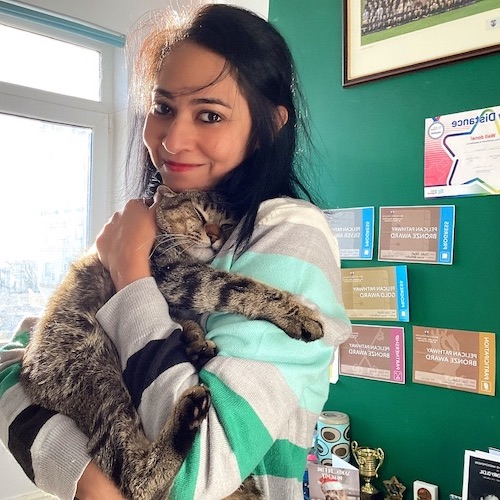
I’m feeling bored, lost, and stagnant in my career. The years of effort put into books with nothing to show has taken its toll, and both my income and my confidence have taken a significant hit. I’ve racked up more debt than I currently have the ability to pay off. It’s time to take back control of my life, my career, and my finances.
In April, I launch The Wordling, a business newsletter for writers, with almost 5,000 subscribers. It immediately gets rave reviews from readers. In May, I plot my return to freelancing and by July, I’m making $5,000 a month. By September, I have crossed $7,000, and in November, I hit $12,000.
The International News Editor at The CS Monitor gets in touch to ask if I’d consider becoming their UK correspondent. I’m now also contributing regularly to reports in The Times (UK) and end the year with several high-profile assignments.
2023:
This is the first year in a long time when I feel steady in my life and career. Which results in me being bored and frustrated almost immediately. It ends up being mostly a year of maintenance–making sure the systems in my business are working well and that I’ve left enough bandwidth for me to launch new ideas and projects. Which I do in September with Wordling Plus, our membership site that homes all my courses and offers weekly group coaching to members.
2024:
And the story continues…